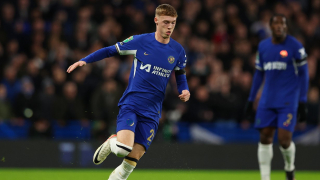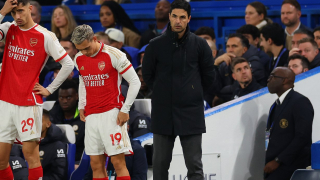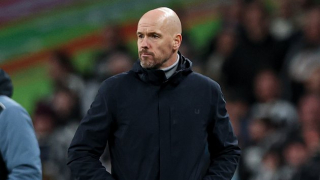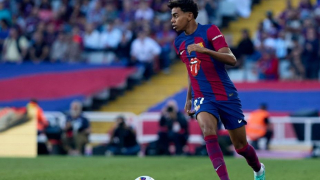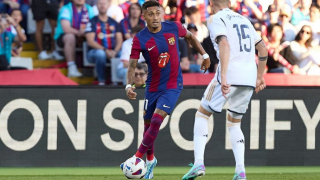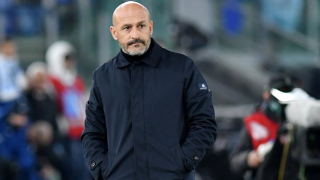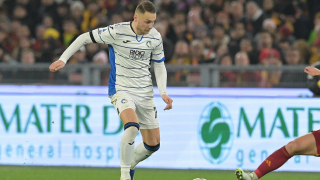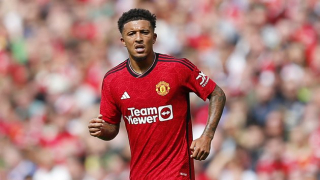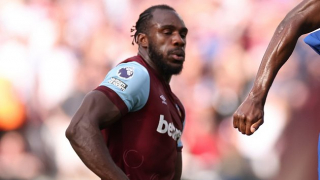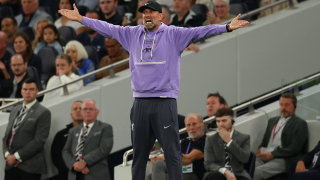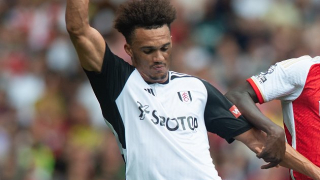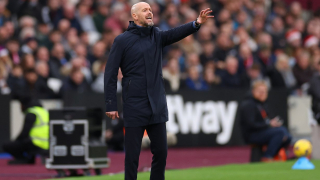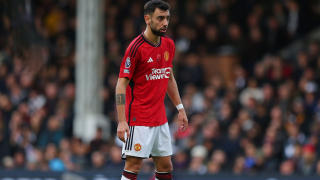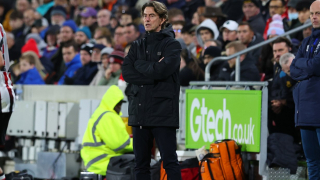The FA Cup returns this weekend after a series of upset results in the fourth round on the weekend of January 23.
Tom Bevis takes a look at the magic of the Football Association's famous long-running competition as we get set for the final 16 of the 2014/15 Cup campaign.
Written by Tom BevisEdited by Andrew Slevison
When Ramires scored to put Chelsea 2-0 up in the 38th minute at Stamford Bridge three weekends ago, you would have been forgiven for thinking their clash with Bradford City was all wrapped up.
So strong is Chelsea's home record under Jose Mourinho that even had it been Real Madrid trailing by two goals, it would have been difficult to see a way back.
So for League One side Bradford to score four goals without reply and respond brightly to win 4-2 really did seem like something straight out of a fairy-tale. The result certainly raised eyebrows in both England and around the world.
Yet, maybe we should not be so surprised; the FA Cup has become famous for upsets like this over the years.
The performance of the Bantams once again demonstrated how the world's oldest cup competition, said to have been de-valued in recent years, remains capable of producing amazing performances from the underdogs against teams normally in a different galaxy in terms of quality and stature in the game.
Indeed, the performances of Middlesbrough, who beat reigning Premier League champions Manchester City on their own ground, Cambridge United, who held Manchester United to a goalless draw before losing 3-0 in the replay, and also Bolton, Blackburn Rovers, Leicester City and Crystal Palace, all came around the same time in what was a stunning set of fourth round results.
Throughout the history of the FA Cup there have been many famous giant-killing performances. Think back to Ronnie Radcliffe's 35-yard winner for non-league Hereford to beat Newcastle in 1972, Mickey Thomas' free-kick as Wrexham got the better of holders Arsenal in 1992, Wimbledon's Crazy Gang and their defeat of the great Liverpool team in the 1988 final and Harry Redknapp's Bournemouth knocking out holders Manchester United in 1984.
This poses the question: What is it about the FA Cup that has led to teams producing so many shock results over more-fancied opposition down the years?
Certainly the frequency of upsets in the UK is far greater than in other European cup competition. When the top teams from Spain and Germany play lower league opposition they regularly hit 7 or 8 goals with a second string team.
Yes, occasionally this is the case in the FA Cup but it is fair to say that the top teams will more often than not progress although the outcomes are usually far tighter than they should be given the huge gap in resources and finances of the respective teams.
In part, it is perhaps the prestigious standing that the FA Cup has in the English game compared with other nations. In England, albeit a little less so in recent times since the introduction of the Champions League, playing in an FA Cup Final at Wembley was every youngster or school boys dream.
For much of the 20th century, winning the FA Cup was as big, if not bigger than winning the league title. From as long ago as the 1960's the FA Cup final was aired live on TV, not only in England, but all over Europe and was considered across the continent as the biggest domestic game of the season.
As a result, the kudos associated with playing in the competition seemed to spur lesser teams on to produce performances that would otherwise seem impossible.
For other European countries there simply isn't the same importance attached to their domestic cup competitions and often the games are played over two legs which means the one-off leveller when playing on a muddy, bobbly pitch is taken away. Obviously over 180 minutes the chances of an upset are far less as the out-and-out quality of those sides in the higher division takes over.
It is also worth considering that there are far more professional and semi-professional teams in England than any other European country and anywhere else in the world.
Teams from as far down as the 11th tier of the football pyramid are permitted to enter the competition subject to stadium safety, and while the teams at the very bottom will seldom make the 1st round proper, it further adds to the uniqueness, romance and excitement of the competition.
In an era of millionaire players, billionaire owners, allegations of corruption and the notion that football is now more of a business than a sport, it is wonderful to see that the magic of the FA Cup remains alive and that on any given day, the best teams in the world can still, occasionally, be beaten by a team of plumbers, plasterers and brick layers even the Special One's Chelsea!

